BBC News signed up for the paid version of ChatGPT, at £20 a month, created a private bespoke AI bot called Crafty Emails and told it to write text using "techniques to make people click on links or and download things sent to them".
Tagged with digital literacy
Before you like, comment or share content online, ask yourself… Does it look right? Does it sound right? Use the SHARE checklist below to help you spot false information.
Shayan Sardarizadeh is a senior journalist covering disinformation, extremism and conspiracy theories for BBC Monitoring’s disinformation team as part of BBC Verify. Since Hamas attacked Israel on 7 October, he’s debunked dozens of misleading visuals on social media and published his findings on widely read threads on Twitter, now known as X.
YouTube has launched a verification system for healthcare workers in the UK as it battles disinformation online.
In 2022, health videos were viewed more than three billion times in the UK alone on the video-sharing platform.
Doctors, nurses and psychologists have been applying for the scheme since June and must meet rigorous criteria set by the tech giant to be eligible.
The broadcaster’s first disinformation correspondent spends her time pursuing trolls and dismantling conspiracy theories. In return she is abused, slandered, threatened.
Google is trialling a digital watermark to spot images made by artificial intelligence (AI) in a bid to fight disinformation.
Developed by DeepMind, Google's AI arm, SynthID will identify images generated by machines.
It works by embedding changes to individual pixels in images so watermarks are invisible to the human eye, but detectable by computers
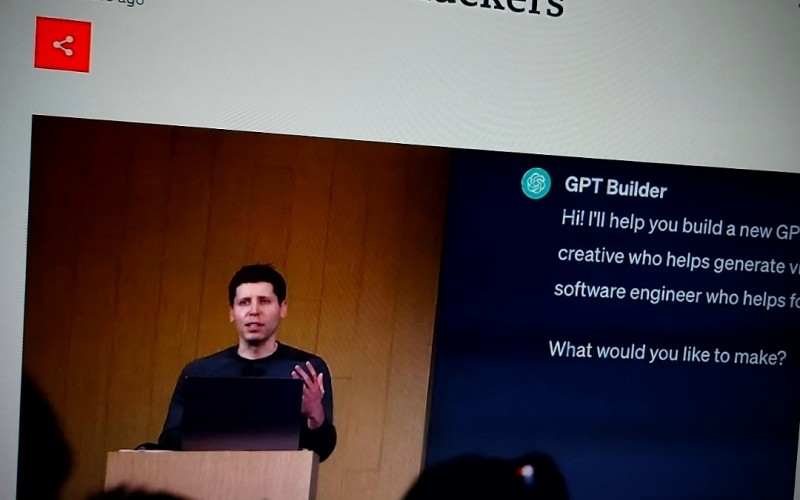
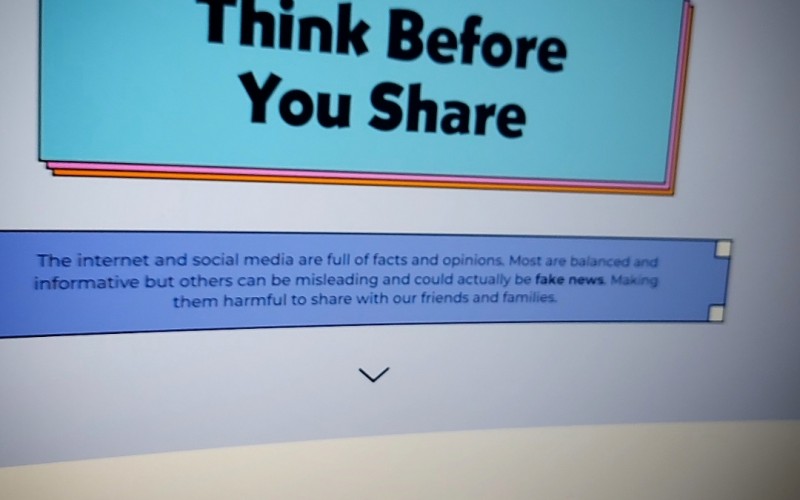
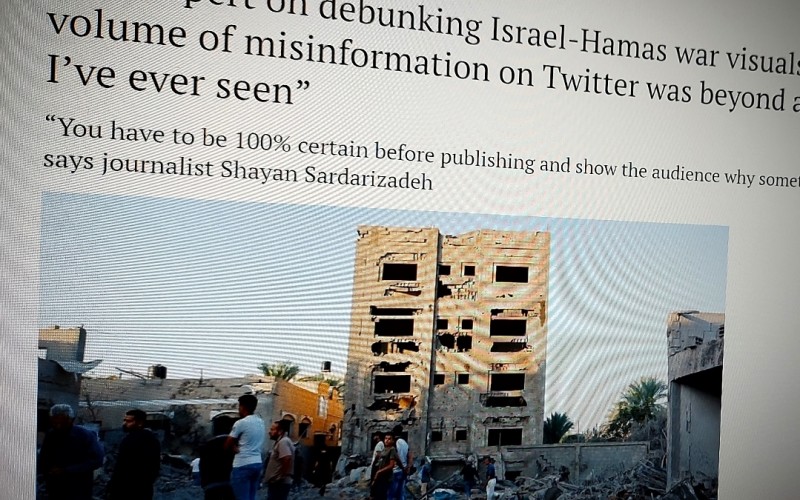
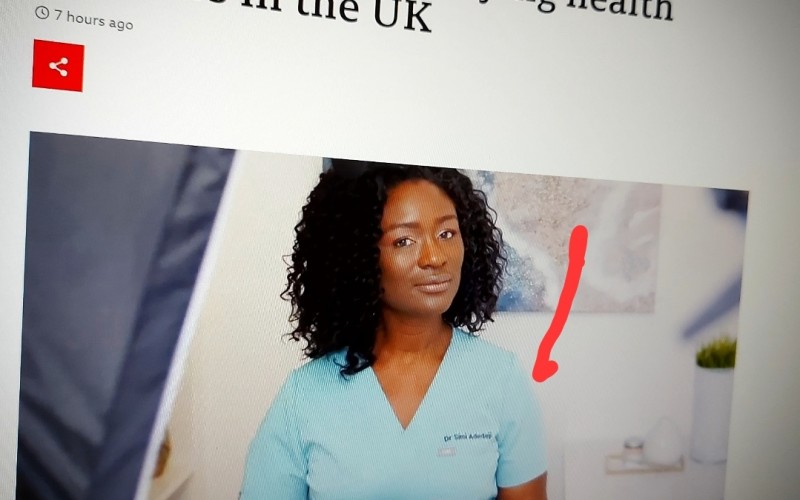
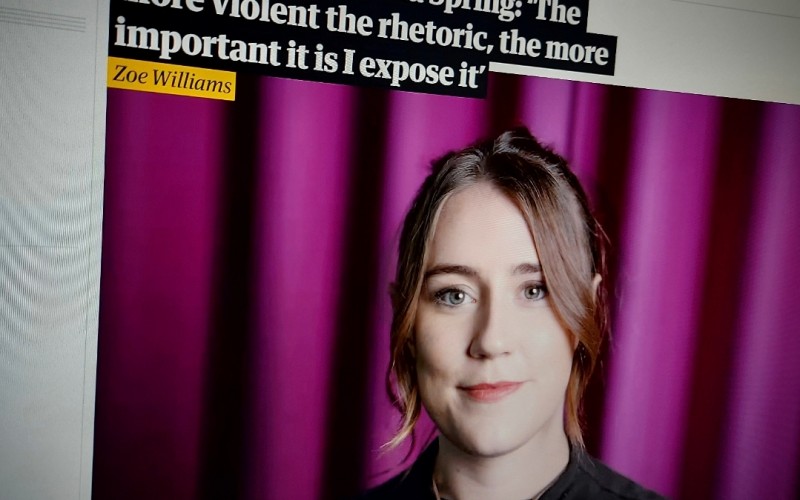
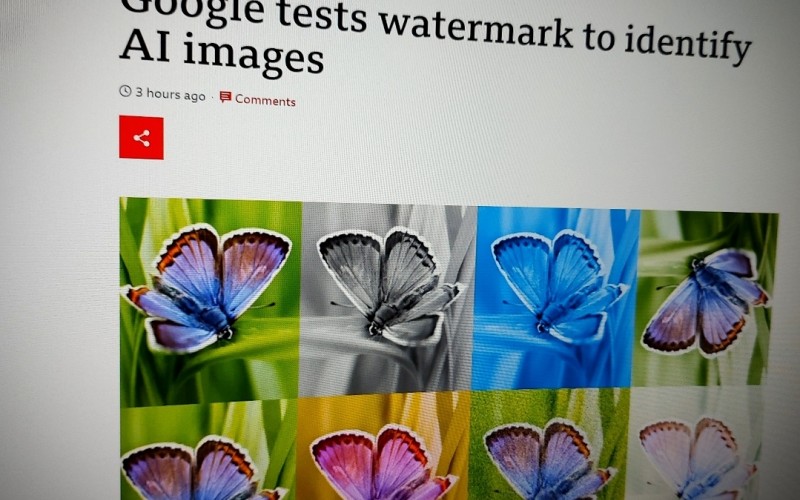
Comments
make a comment